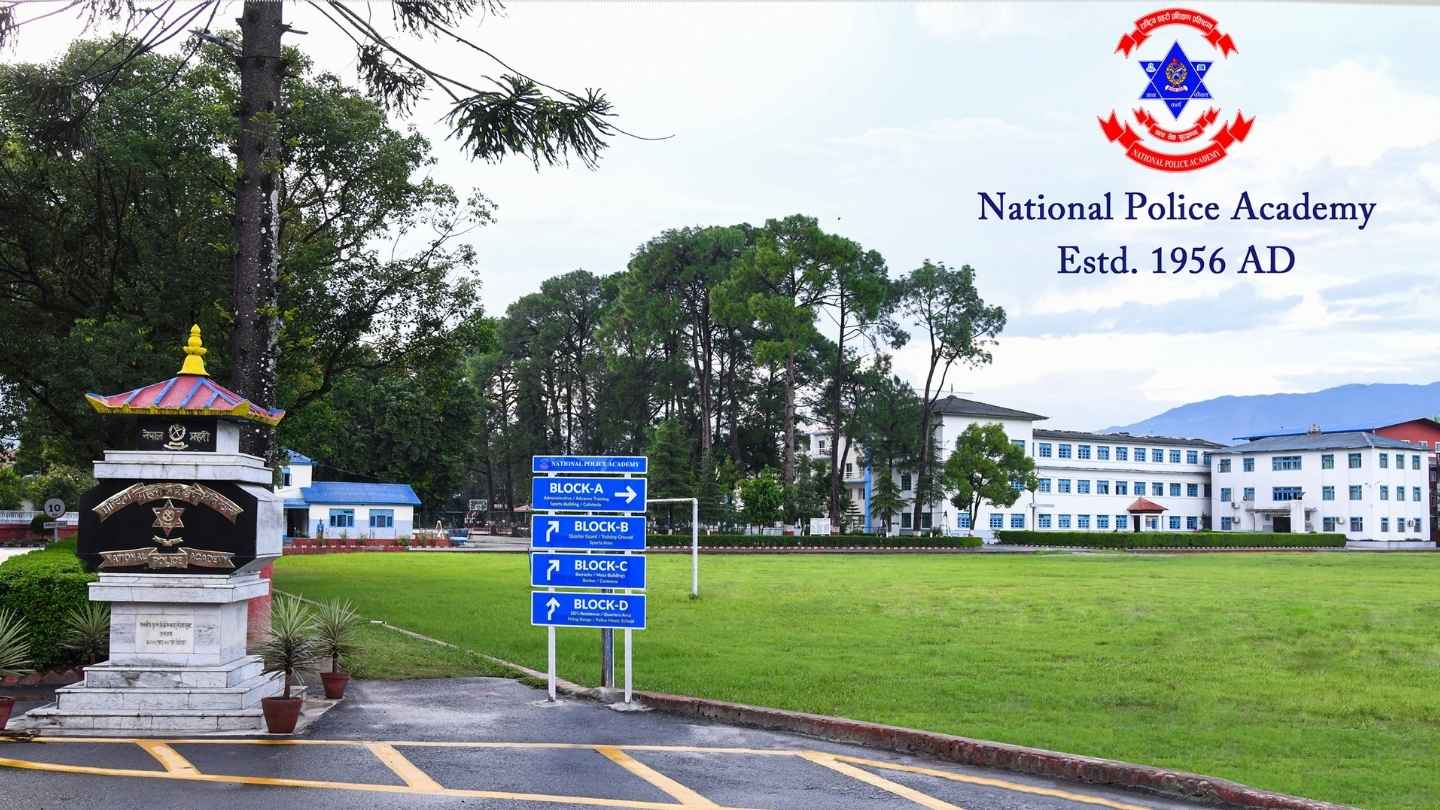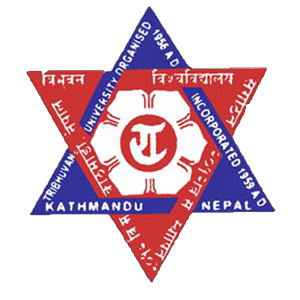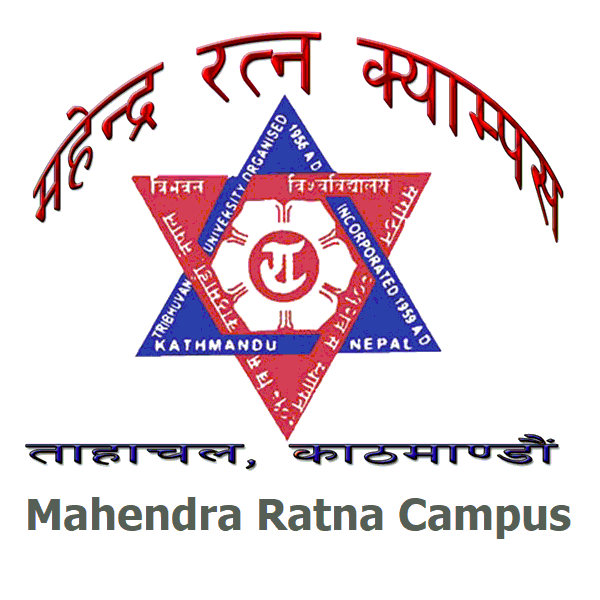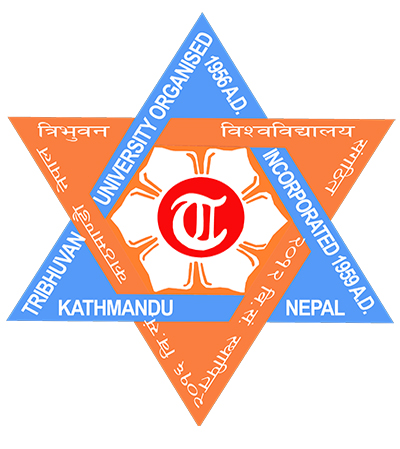Overview
Post Graduate Diploma in Police Science (PGDPS) at National Police Academy, Maharajgunj, Kathmandu
Post Graduate Diploma in Police Science (PGDPS) at the National Police Academy (NPA), Maharajgunj, Kathmandu, is a credit-bearing program under Tribhuvan University (TU), Faculty of Management. The course runs in parallel with Inspector Basic Training and serves newly appointed police inspectors.
The program links academic study with day-to-day policing. Students learn legal foundations, police administration, operations planning, investigation practice, security management, research methods, and forensic basics.
Classroom sessions connect directly to scenario exercises, drill, and field attachment. Assessments combine written tests, practical evaluations, fitness standards, and conduct review. Credits are granted under TU rules after successful completion of academic and practical requirements.

Highlights
-
Affiliation: Tribhuvan University, Faculty of Management
-
Provider: National Police Academy (NPA), Maharajgunj, Kathmandu
-
Target group: Newly appointed police inspectors; serving officers may study modules by nomination
-
Structure: Two semesters; Credits: 30
-
Typical academic span: Duration: about 10 months alongside Inspector Basic Training
-
Award: Qualification: Post Graduate Diploma in Police Science (PGDPS)
-
Learning mode: Classroom teaching, seminars, case tasks, scenario drills, field attachment, physical training
-
Assessment: Written exams, practicals, physical standards, attendance, and conduct
-
Core themes: Law and procedure, management for station leadership, community engagement, evidence-based practice
-
Service linkage: PGDPS supports first-line supervision, investigation coordination, and unit operations inside Nepal Police
Curriculum Details
The curriculum follows a semester system and covers ten academic courses plus non-credit professional components that run through the training calendar. Brief course notes below help you understand scope and depth.
Semester I
-
Foundations of Public Affairs Management: Public institutions in Nepal, administrative ethics, decision records, and accountability.
-
Basic Police Administration: Station organization, duty rosters, file systems, registers, and service documentation used in daily work.
-
Police Operations Management: Patrol planning, incident logs, event security briefs, and resource planning for local deployments.
-
Security Management: Risk surveys, facility checks, VIP movement basics, crowd handling plans, and liaison with stakeholders.
-
Constitutional and Legal System in Nepal: Constitutional rights, criminal procedure, arrest and search safeguards, and court processes.
Semester II
-
Social Research: Research design, sampling basics, data collection in the field, and clear reporting for decision support.
-
Development Management: Public programs and coordination, local bodies and security concerns during service delivery.
-
Crime Management: Case prioritization, evidence flow, inter-agency coordination, and victim/witness protection standards.
-
Crime Investigation Management: Scene control, chain-of-custody records, interview methods, and case review practice.
-
Forensic Science and Medicine: Overview of laboratory inputs, medico-legal procedures, injury reports, and expert testimony basics.
Non-Credit Professional Components
-
Physical Training and Drill: Daily fitness, parade routines, discipline, and safety culture.
-
Range Safety and Musketry: Supervised handling, safety rules, and marksmanship under strict protocols.
-
Unarmed Combat and Sports: Confidence building through athletics, judo/karate, and team events.
-
Emergency Response and Disaster Rescue: First response skills, casualty handling, water rescue, and movement during crises.
-
Public Order Management: Formation practice, communication discipline, and lawful crowd engagement.
-
Information Technology: Official correspondence, internal communication tools, and secure data handling.
-
Administrative and Criminal Procedure Practice: Registers, forms, daily logs, charge sheets, and file audits.
-
Field Attachment and Scenario Exercises: Supervised posting or task cycles; scenario-based evaluations that mirror duty conditions.
Assessment and Credit System
Academic courses carry defined credit weights under TU. Students must pass written exams, submit assignments or case reports, and meet practical and physical benchmarks. Attendance and conduct are mandatory components. Final records merge academic scores with practical evaluations to confirm the PGDPS award.
Objectives
-
Strengthen understanding of Nepal’s constitutional safeguards and legal procedures.
-
Build accuracy in documentation so case files are clear, consistent, and court-ready.
-
Develop planning habits for patrol, event security, and routine station duties.
-
Improve investigative leadership for scene control, interviews, and evidence tracking.
-
Encourage respectful service grounded in human rights and community trust.
-
Promote safe practices during firearms handling, public order tasks, and emergency response.
-
Support reflective practice through research methods and data-based decision support.
-
Prepare students for supervision, mentoring, and orderly chain of command.
Scope
PGDPS is part of the foundation pathway for police inspectors. The scope covers knowledge, skills, and conduct required for station-level leadership and unit responsibilities.
The academic award adds value by documenting learning in a university framework while staying anchored in service routines.
Graduates return to postings where they manage teams, hold investigations to standard, and keep records that pass external scrutiny. The program gives a consistent learning base across cohorts so that officers share methods and terminology when they work together during incidents, investigations, and community tasks.
Learning Outcomes
Students who complete the program are able to:
-
Apply arrest, search, and seizure procedures that respect constitutional rights.
-
Secure and manage scenes, preserve evidence, and document the chain of custody.
-
Prepare clear reports, statements, and case files suitable for prosecution and judicial review.
-
Plan and supervise patrols, checkpoints, and event security with proper logs.
-
Direct preliminary inquiries and guide teams through interviews and follow-ups.
-
Use risk assessment to choose safe tactics and avoid unnecessary harm.
-
Communicate with local bodies and community groups in plain language.
-
Use research basics to review station data and propose measured improvements.
-
Maintain fitness and safety discipline consistent with duty requirements.
-
Model conduct that supports accountability in public service.
Skill Development Modules
-
Legal Reasoning and Documentation: Charge sheets, FIR handling, registers, and daily station records; focus on accuracy and timelines.
-
Investigation Practice: Interview planning, scene sketches, exhibit labeling, evidence submission, and case diary maintenance.
-
Operations and Planning: Duty rosters, area mapping, incident categorization, and resource tracking for patrol units.
-
Leadership and Supervision: Task assignment, feedback to juniors, drill discipline, and fair conduct during evaluations.
-
Information Handling: Secure email, internal circulars, and file systems; protection of sensitive data.
-
Fitness and Mental Readiness: Conditioning plans, injury prevention habits, and safe movement during operations.
Teaching Methodology
Teaching combines lectures, seminars, case studies, and guided reading with drill and scenario practice. Trainers use real station documents and forms so students learn by doing.
Scenario days simulate public order situations, crime scenes, and emergency calls. Field attachment places students in supervised environments where they apply lessons under time pressure. Feedback is structured; instructors review logs, reports, and behavior standards so students correct issues early.
Admission Requirements
-
Eligibility: Appointment as a Police Inspector under Nepal Police recruitment rules.
-
Enrollment Sequence: Posting to NPA for Inspector Basic Training; academic registration for PGDPS follows internal scheduling.
-
Documentation: Service appointment letter, identification records, and academic documents required by TU registration.
-
Medical Fitness: Fitness and vision standards as per Nepal Police requirements.
-
Nomination for Modules: Serving officers access selected modules by nomination and program availability.
-
Cohort Size: Intake numbers follow recruitment cycles and service needs.
Career Opportunities
Graduates typically serve in:
-
Stations and Outposts: Duty officer, station management, and community engagement.
-
Investigation Sections: Team leadership for case progress, documentation, and evidence control.
-
Operations/Public Order: Event security planning, patrol oversight, and incident coordination.
-
Training and Administration: Instructor roles or staff duties after service experience and nomination.
Progression depends on service performance, vacancies, and further training authorized by Police Headquarters.
Scholarships and Financial Aid
Students are serving personnel or newly appointed inspectors. Salary and allowances follow government rules. Accommodation and mess are managed through NPA during training.
Academic or examination fees for PGDPS, where applicable, are coordinated between NPA and TU under current regulations. Students should follow official notices for any updates on fee procedures or exemptions.
Why Choose This Course?
-
Single pathway for new inspectors: Academic study runs alongside the foundation training you already complete at NPA.
-
University recognition: Credits under TU confirm the academic side of police education in Nepal.
-
Practice-first structure: Scenarios, field attachment, and drill bring classroom points to life.
-
Clear standards: Assessment across academics, practicals, and conduct creates consistent expectations for service.
Conclusion
PGDPS at NPA links the knowledge base of a university program with the realities of police work. The sequence of courses, the focus on lawful procedure, and the routine of drill and scenario practice give students a steady platform for the first years of command responsibility. Graduates return to their units with a shared method for records, planned deployments, and respectful public engagement.
FAQ
Who is eligible to study PGDPS at NPA?
Eligibility applies to newly appointed Police Inspectors assigned to Inspector Basic Training. Serving officers may study selected modules by nomination.
How long does PGDPS take and how many credits does it have?
The academic span typically runs about 10 months across two semesters and totals 30 credits under TU.
What subjects will I study?
Semester I covers public affairs, police administration, operations, security, and Nepal’s legal system. Semester II covers research methods, development management, crime management, investigation management, and forensic basics.
Does the program include physical and field components?
Yes. Physical training, parade, range safety, public order practice, and field attachment run throughout the calendar.
How am I assessed?
Assessment includes written exams, practical tasks, scenario performance, attendance, conduct, and fitness standards. Academic credits are recorded under TU procedures.
Will PGDPS help my posting or responsibilities?
The program builds the knowledge and habits required for station leadership, investigation oversight, and routine operations. Actual postings depend on service rules and performance.
Where can I confirm the latest notices?
Students should check official communications from NPA and Tribhuvan University for schedule, registration, and assessment updates.






















